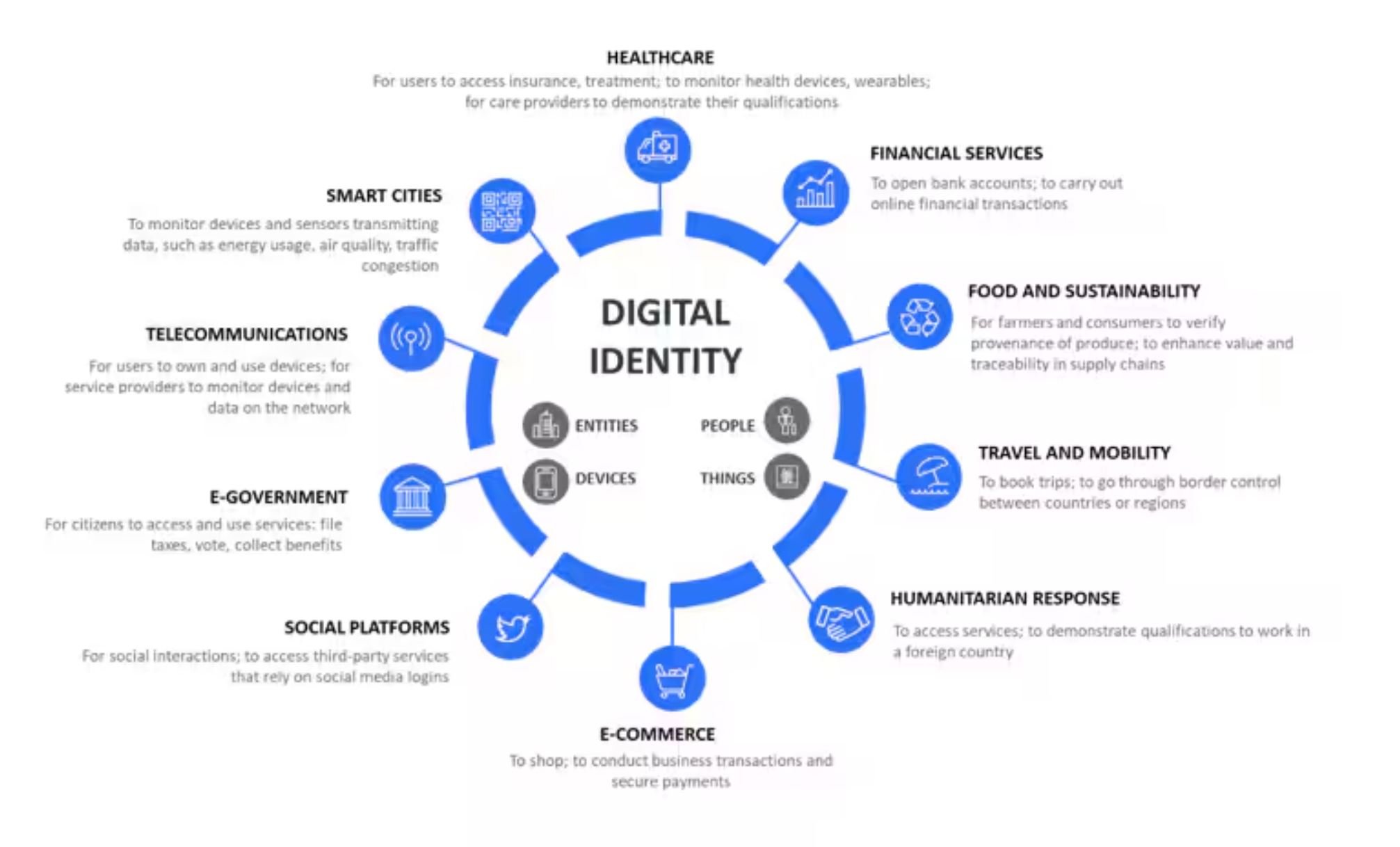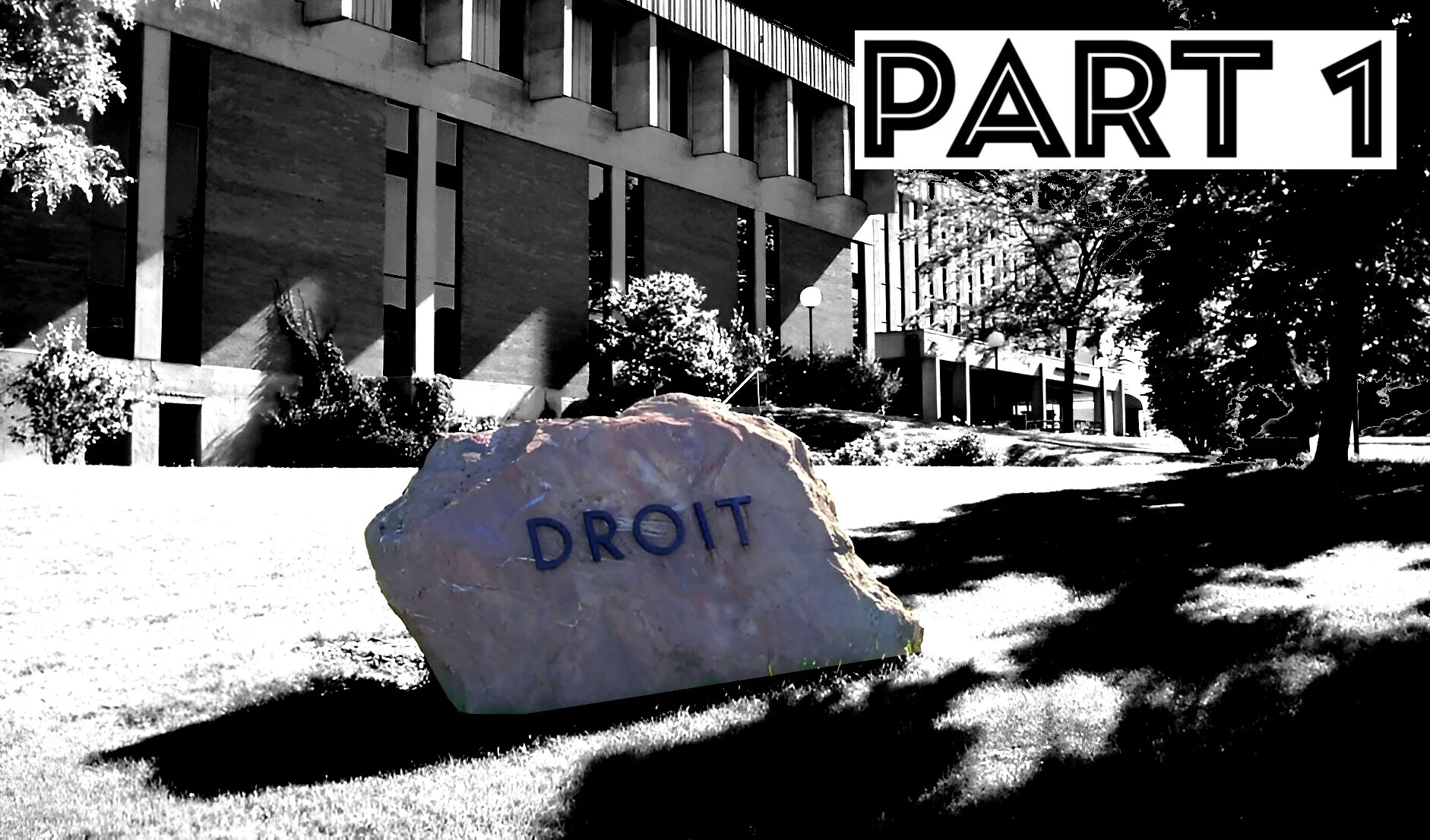Claudiu Popa is a doctor of private law and criminal sciences, a specialist in criminal law and a former criminal lawyer.
He is currently the director of the League of Academic Rights and Freedoms.
Dr. Claudiu Popa started his career in 2010 at the Director of Criminal and Penal Prosecutions (DCPP) and has worked subsequently in private practice, in Canada and in Europe, as well as in academic research and university teaching.
His passion for law has led Dr. Popa to practice as a lawyer member of the Quebec Bar from 2013 to 2025, adopting a diversified practice, mainly in criminal and penal law, but also in human rights, in civil liability and contractual law, in cyber security and cyber criminality, as well as in labor law. During his career as a lawyer, Dr. Popa pleaded before several Quebec courts : the Human Rights Tribunal, the Administrative Labour Tribunal, the Court of Quebec, the Superior Court of Quebec, and the Quebec Court of Appeal. Particularly interested in legal communication and legal writing, he has drafted numerous pleadings, arguments, and legal factums for trial proceedings in both criminal and civil law, judicial reviews, as well as several applications for leave to appeal and factums filed with the Quebec Court of Appeal and the Supreme Court of Canada.
Moreover, Dr. Popa taught at the Faculty of Law of the Université de Sherbrooke from 2012 to 2024 where he has developed over the years a pedagogical approach that is both empathetic and professional, putting his students at the forefront of learning. Convinced that individualized instruction in teaching is one of the most essential ingredients for learning, but also one of the most inaccessible to students, Dr. Popa's teaching goal is more than transmitting knowledge : to mentor and help his students grow.
Between 2014 and 2016, Dr. Popa carried out scientific research work as part of his Master of Laws at the Faculty of Law of the University of Sherbrooke, entitled "The Social Construction of Crime : The Case of Prostitution in Canada".
From 2017 to 2024, Dr. Popa carried out scientific research work at the Faculty of Law of the University of Sherbrooke and at the Faculty of Law and Political Science of the University of Bordeaux (Institut de sciences criminelles et de la Justice) for which he obtained two doctorates in law. His doctoral thesis, “Evidence collection and state investigation in the era of the “police, intelligence services, private corporations” ecosystem : in search of the protection of fundamental human rights”, was successfully defended on December 18th, 2024.
Starting 2025, Dr. Popa is the director of the League of Academic Rights and Freedoms.
Mr. Claudiu Popa successfully defends his thesis. Photo credit : Jessica Garneau
Expertise developed through doctoral research
Thesis abstract : “The digital doping of police investigations in the last 20 years seems to be enhanced by the collection of evidence carried out as part of the emergence of a techno-legal symbiosis. This symbiosis is supported by civil contractual law, by laws concerning the protection of personal information which seem to offer frameworks for the communication of evidence and not its limitation, by private corporations which are increasingly participating in criminal investigations of criminal offenses carried by the State, through the use of personal data as evidence, for whose consent at the origin of their obtaining raises serious questions as to its free and informed nature, obtained by contractual means sometimes in context of constraint or necessity, as well as by the increasingly frequent participation of intelligence services in police investigations and by the use of international intelligence-sharing agreements. Faced with the increased powers of the State and its investigative tools, the fundamental rights of the individual are put to the test. It is in this context, in the digital age and omnipresent technology, that the thesis seeks correlative protection of fundamental rights for the individual.“
This thesis reveals the extent of mass surveillance in Canada and France. Combining criminal and civil law, the thesis highlights the increased role of spy agencies and private corporations in this state-led approach to digital surveillance, evidence gathering by police forces, and population control.
More details on the doctoral thesis here :
LEGAL EDUCATION WORKS
Presented as a series of articles grouped by theme, this section develops several lines of research and inquiry that prioritize the transmission of legal knowledge in a clear, direct, and easy-to-understand manner. It also aims to explore several contemporary issues to raise awareness on the importance of human rights in the relationship between the individual and the State, the police, intelligence services, the judiciary, universities, and other powerful public and private institutions.
Series : Decoding Canadian Criminal And Penal Law
It is often said that Canadian criminal law is a difficult field to understand. After all, there's no smoke without fire, and many law students can attest to that.
However, if you decode the criminal law’s legal language and its characteristic structure, it becomes much easier to decipher.
‘Decoding Canadian Criminal and Penal Law’ series of articles aims to turn the incomprehensible into something accessible.
The series is intended as a pedagogical tool, an aide-memoire, a summary that can be useful to undergraduate law and Bar School students, students of police techniques, criminology, sociology and politics, as well as to the general public, for educational and informative purposes.
Written in plain language, this series can also serve as a starting point for international legal professionals who want to quickly familiarise themselves with Canadian criminal and penal law :
To view the complete series (English coming soon) :
Series : An Ecosystem of Evidence Collection
Techno-legal symbiosis, digitisation and the ‘police - intelligence services - private corporations’ ecosystem have changed the face of the notion of “investigation” and ‘evidence gathering’.
More broadly, the authorities are becoming increasingly powerful, and there is a growing risk that they will abuse this power, while fundamental rights, individual freedoms and other safeguards are regressing.
The series explores this dynamic :
To view the complete series :
Series : The Dark Side of the Digital ID
For several years now, various public and private actors have been actively promoting the creation and implementation of what they call a “digital identity”.
Some of these actors are essentially seeking to merge an individual's traditional legal identity (surname, first name, place of birth, etc.) with their biological identity (genetic aspects, medical history, etc.) and their behavioural identity (analog and digital).
What about all of this?
To view the complete series (English coming soon) :
Series : Digital Money v. Cash
In parallel with the development of the digital infrastructure necessary to implement a "digital identity," concerted measures are being taken by public and private actors to facilitate the adoption of a "digital currency," controlled not by the individual, but by an external entity (central bank or state).
The individual, controlled down to the microtransaction.
These measures are complemented by actions that have the effect of diminishing the importance of cash, discouraging its use, or making its use as costly as possible, while multiplying the pretexts for creating offences related to its use :
To view the complete series :
ABOUT THE UNIVERSITY ENVIRONMENT
To view the complete section :


























